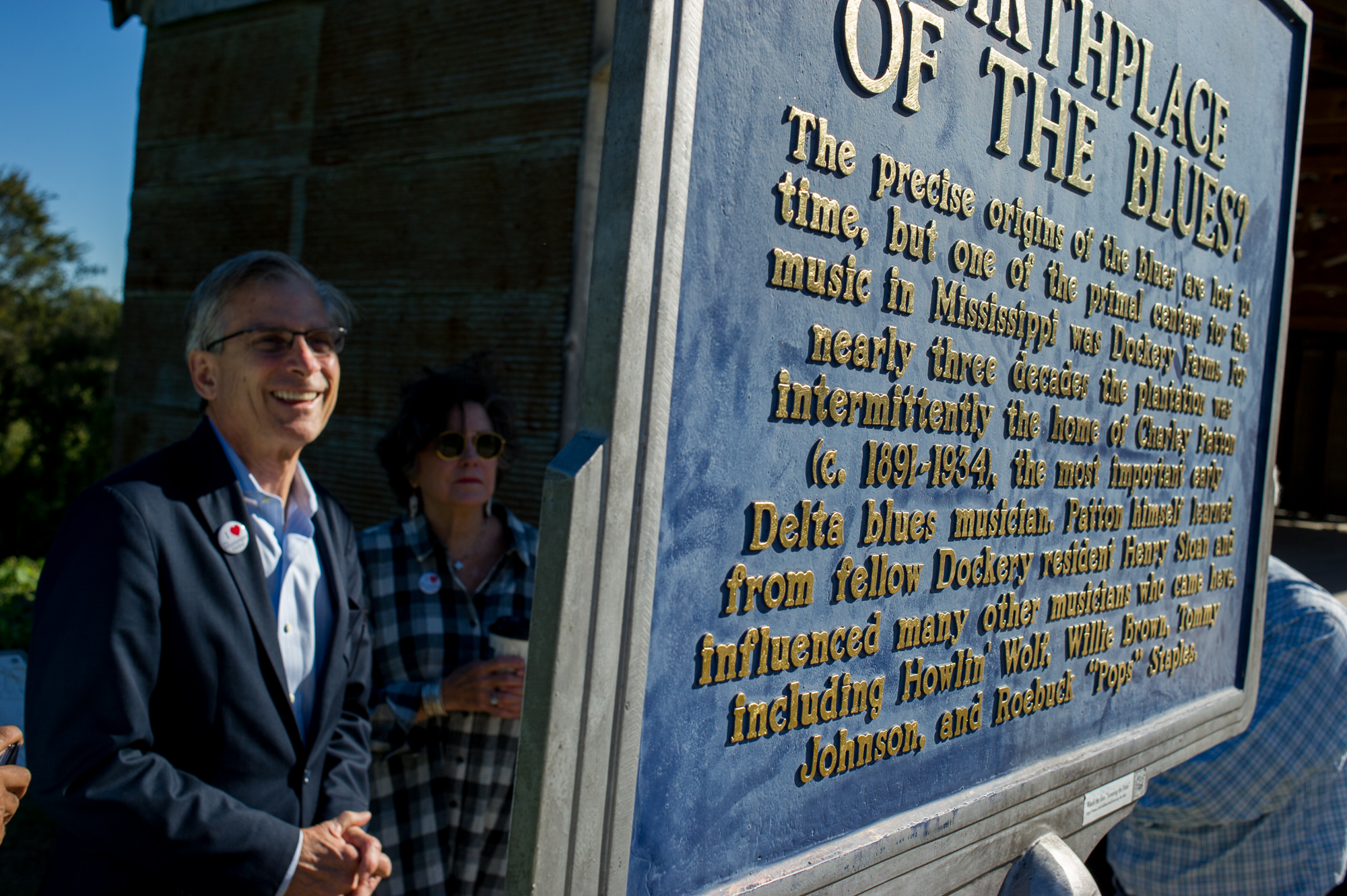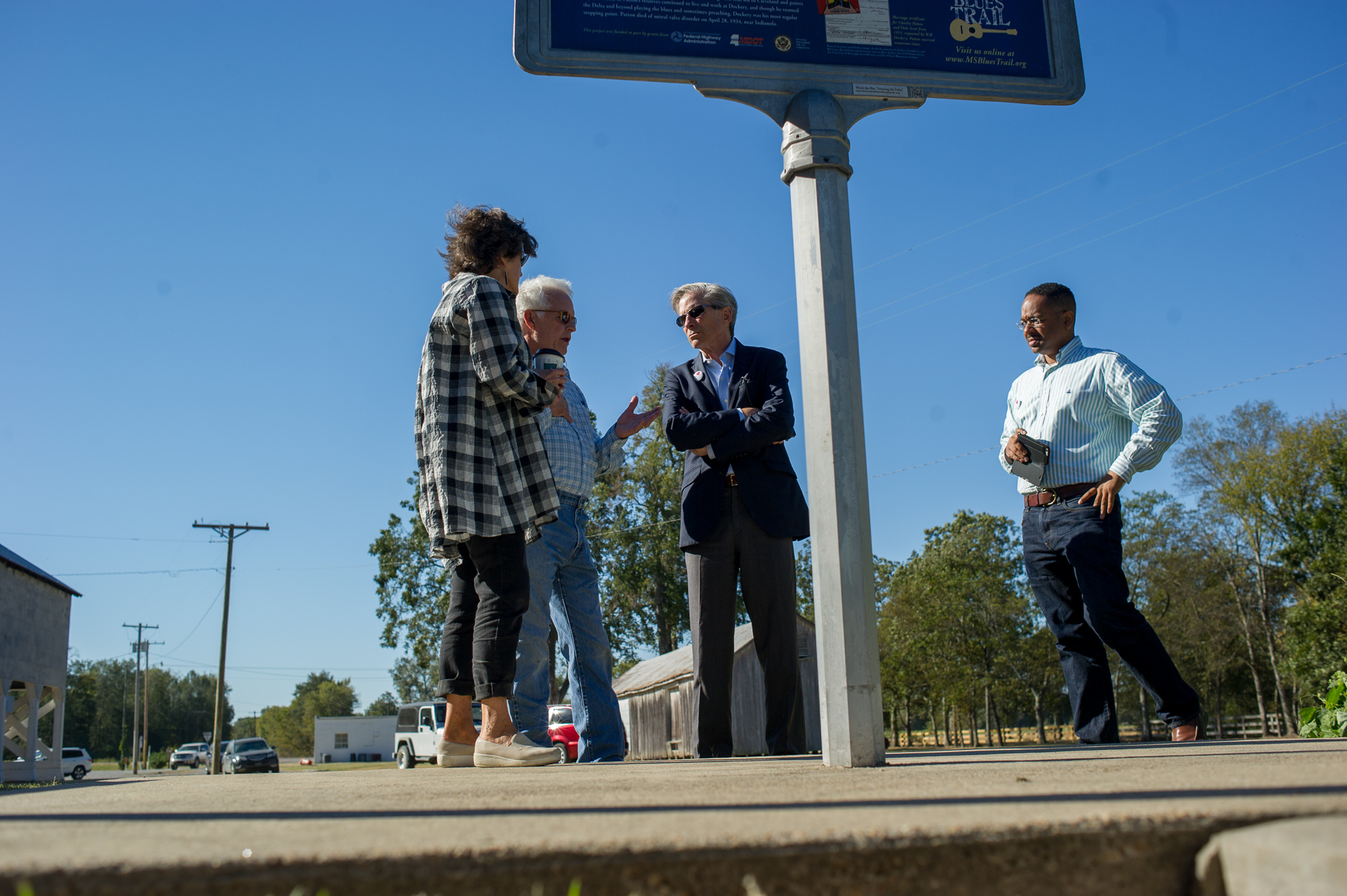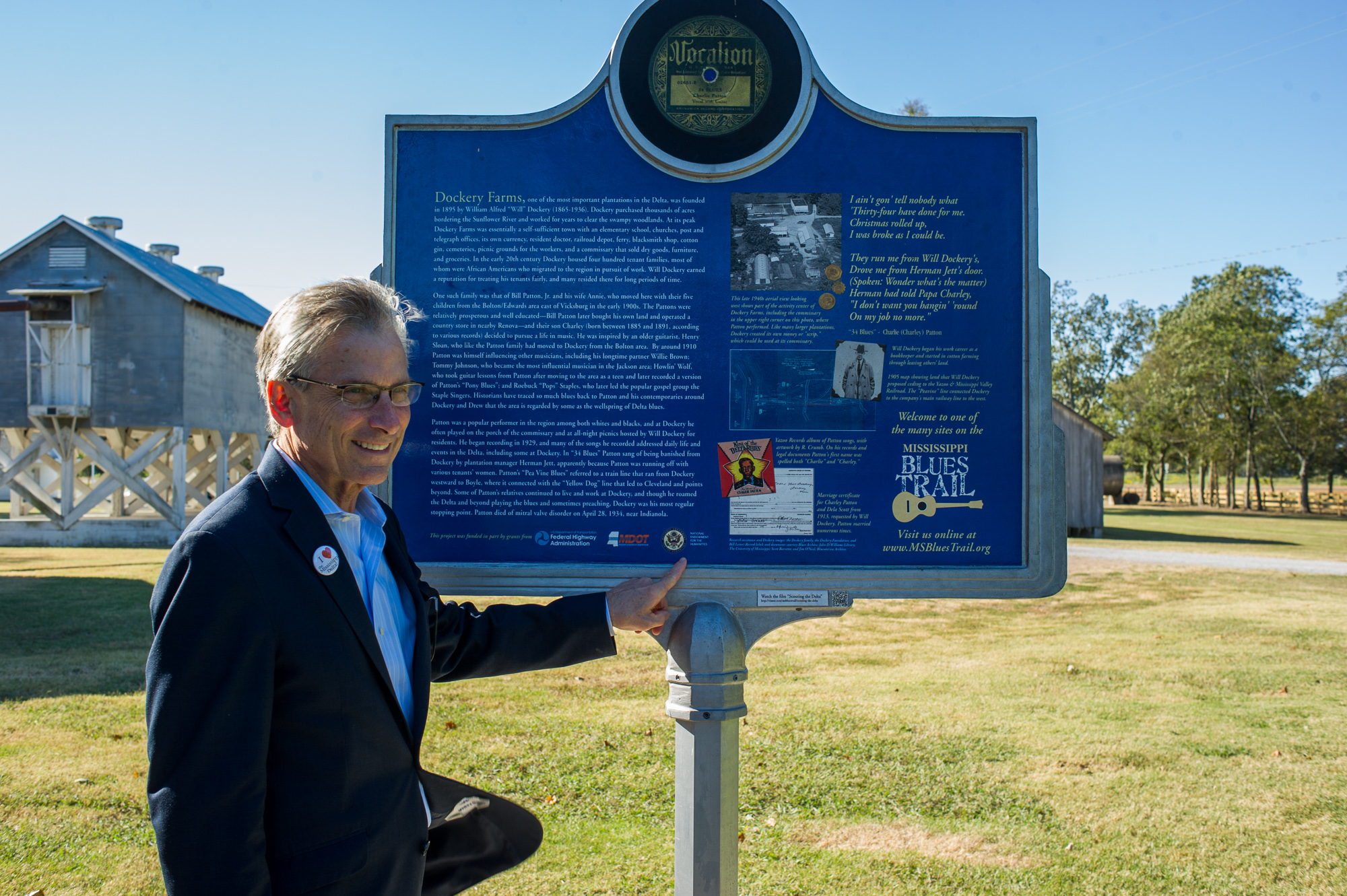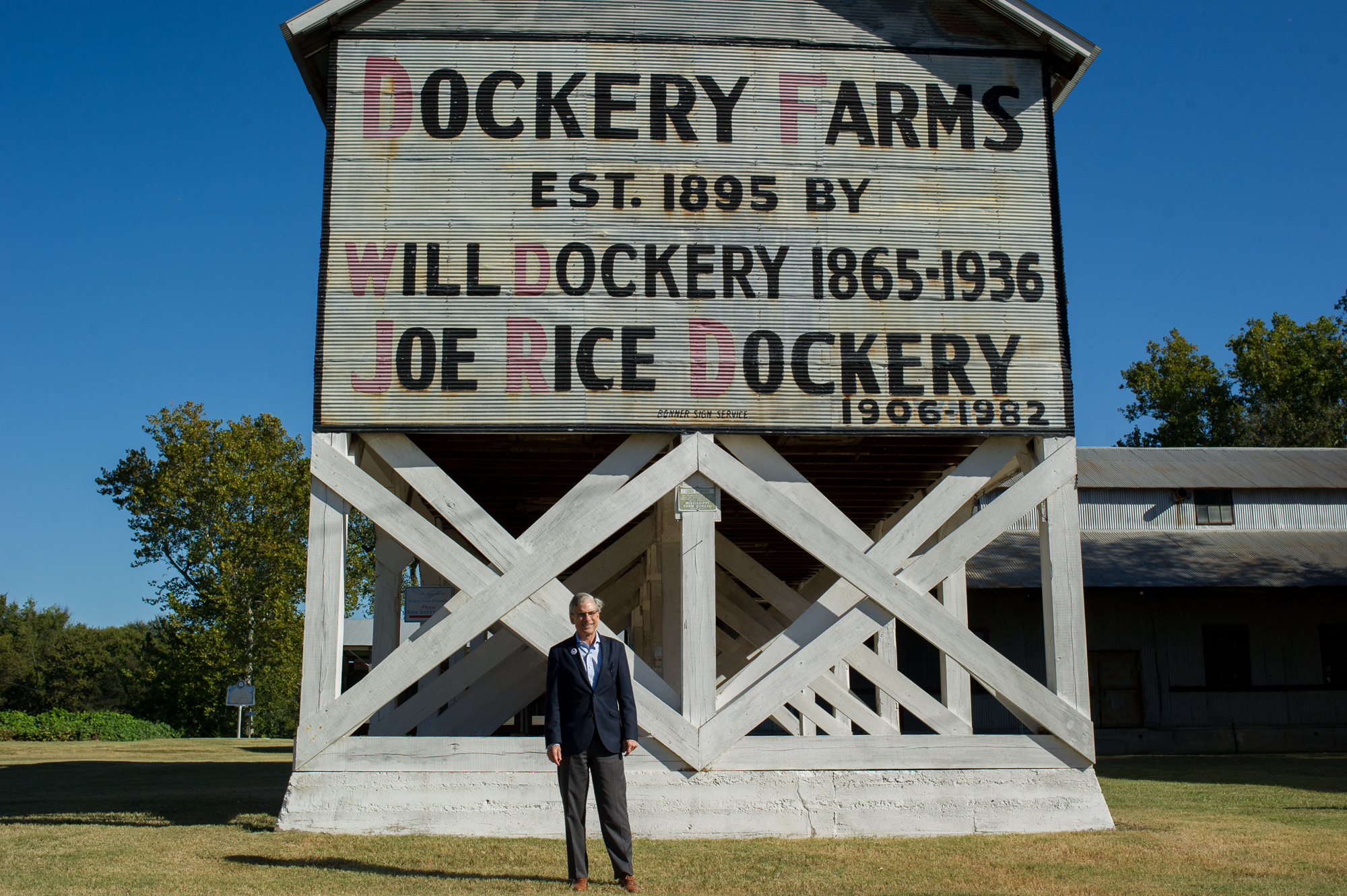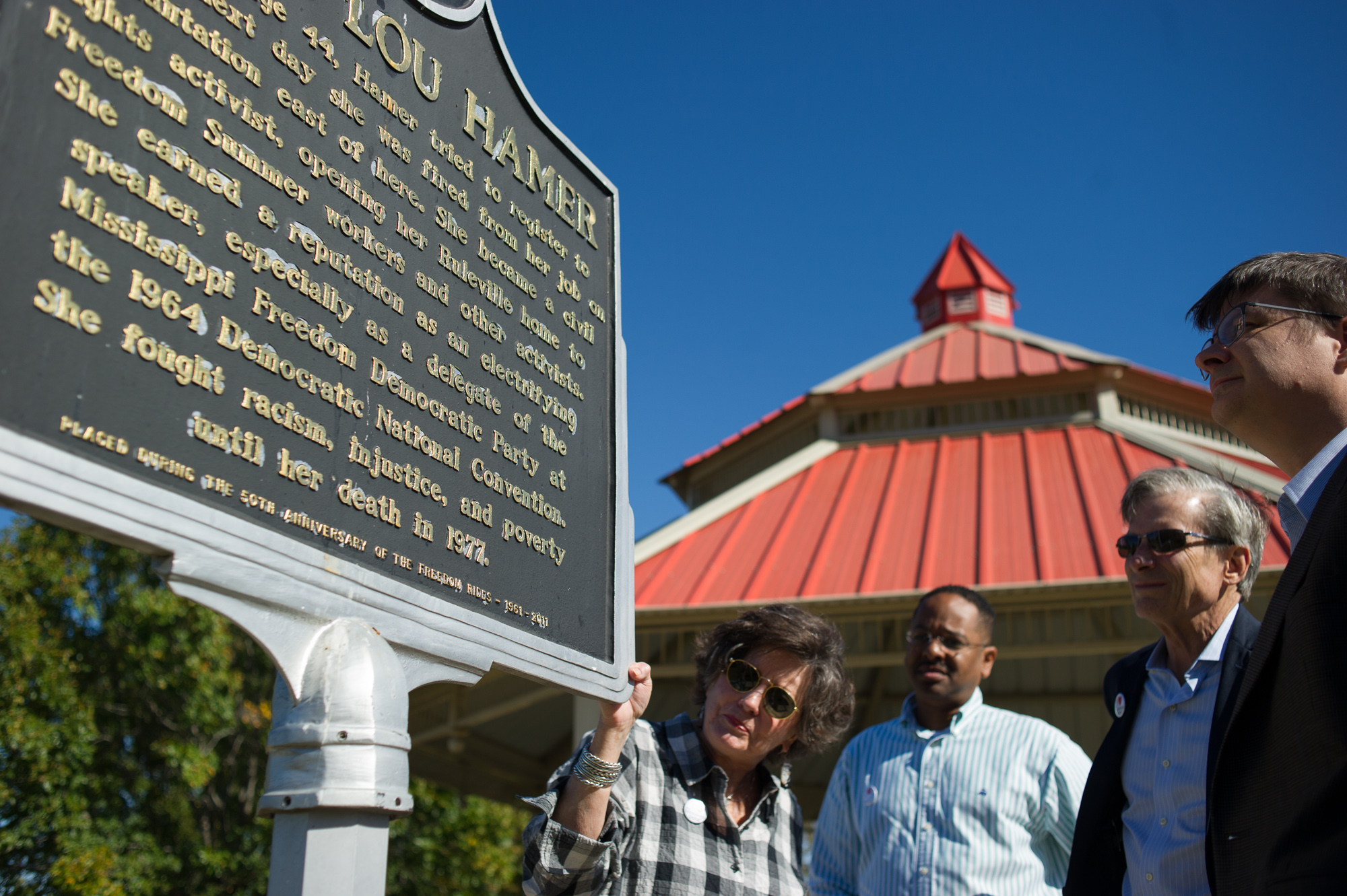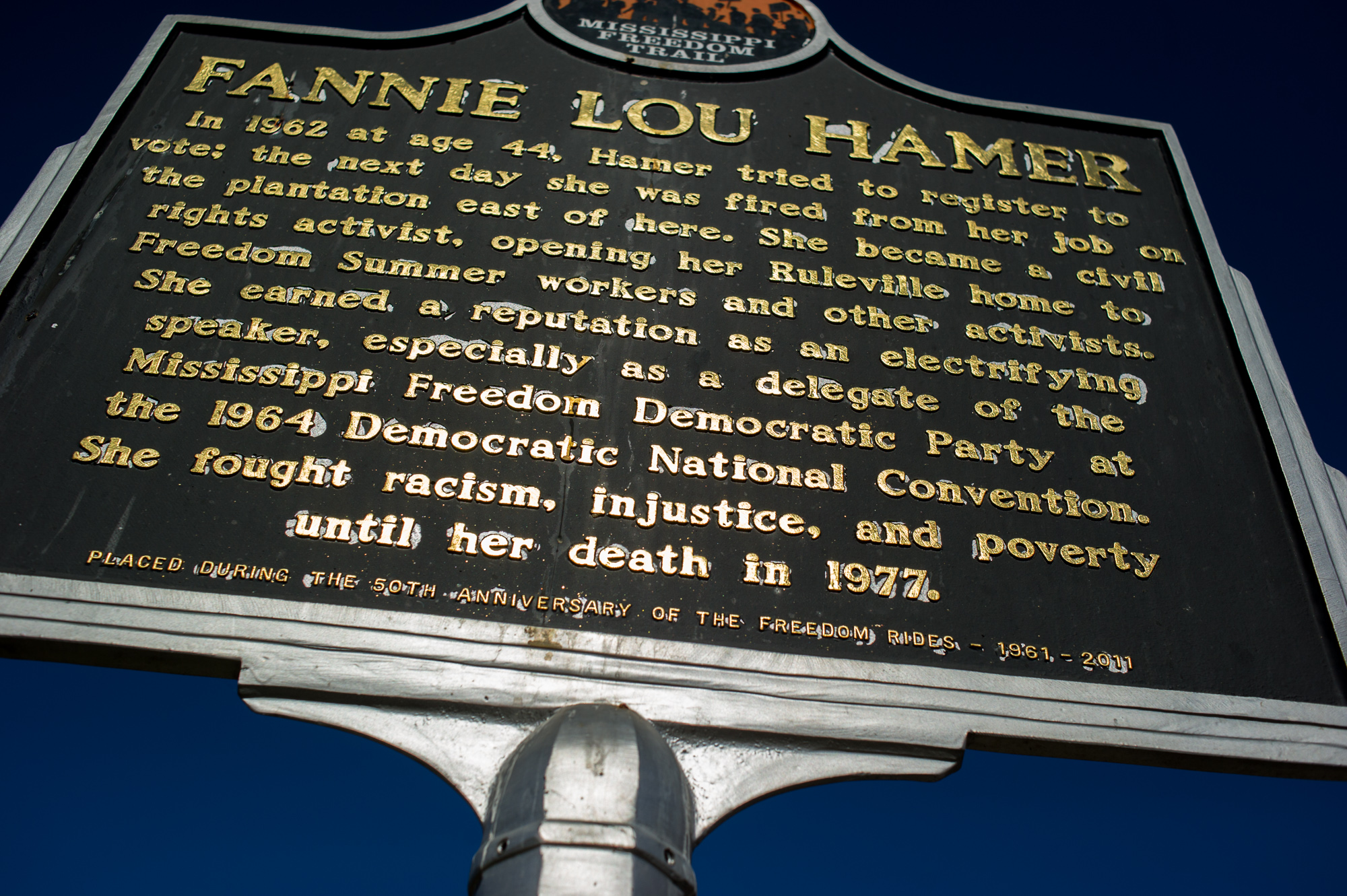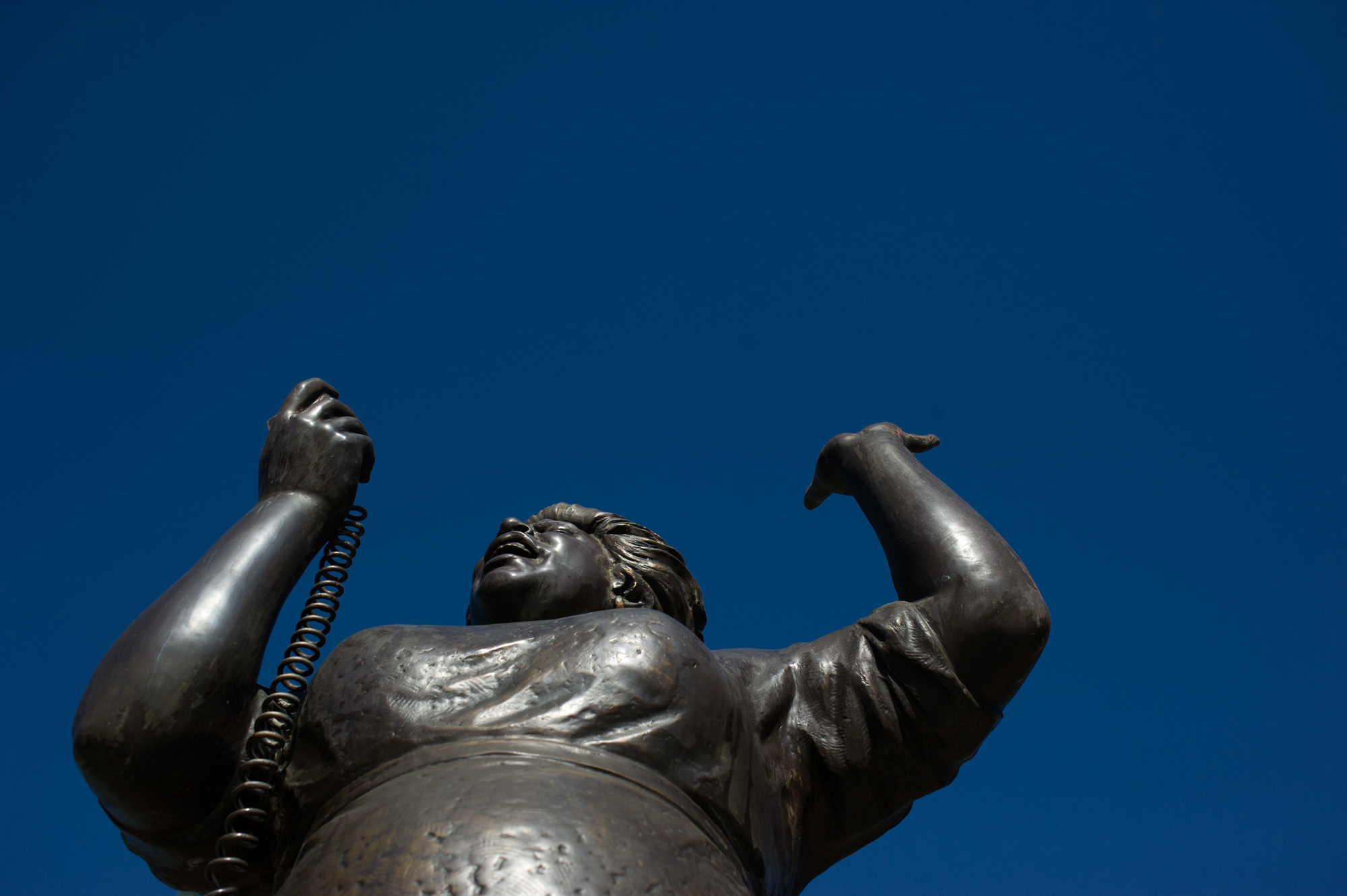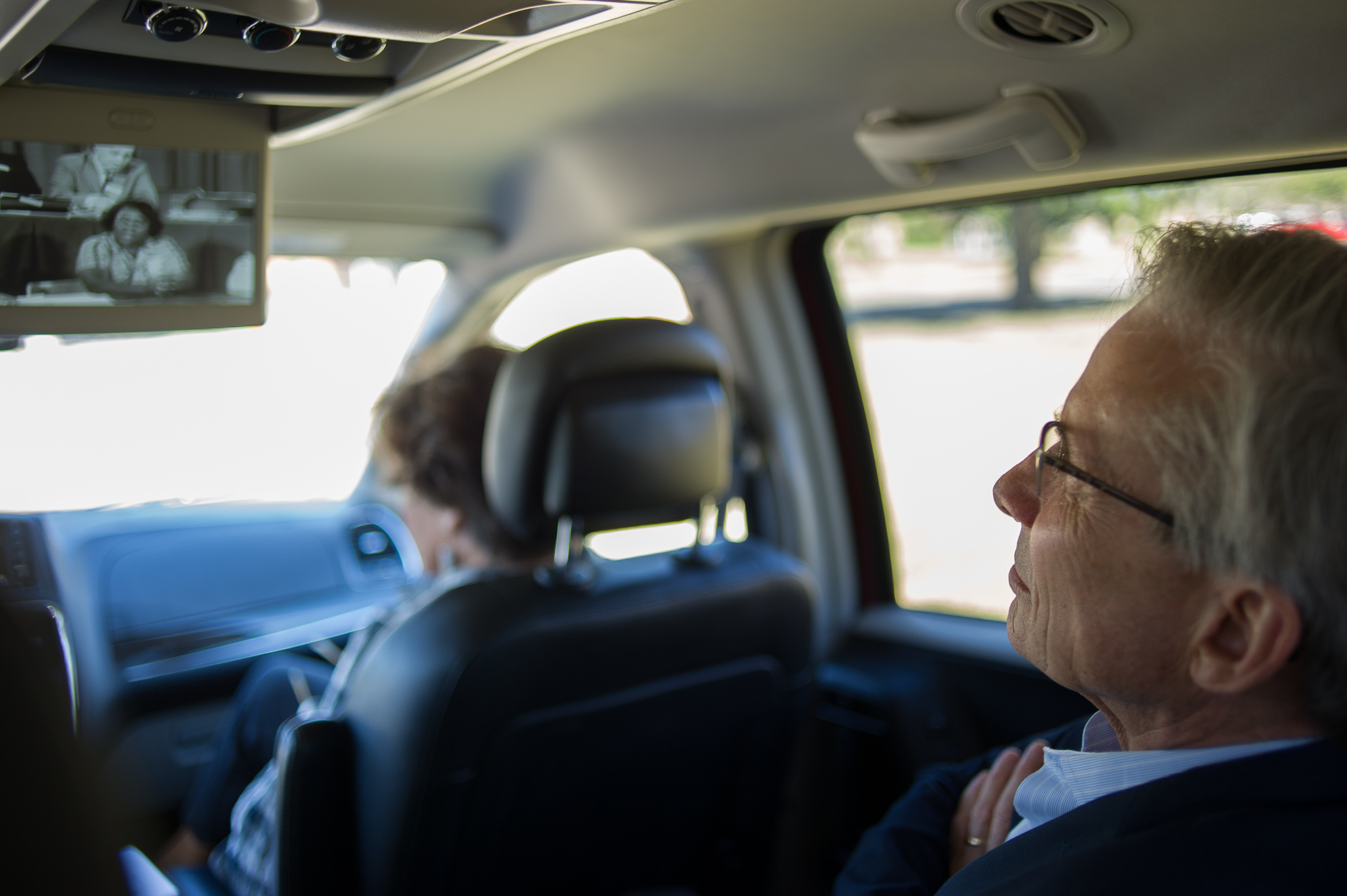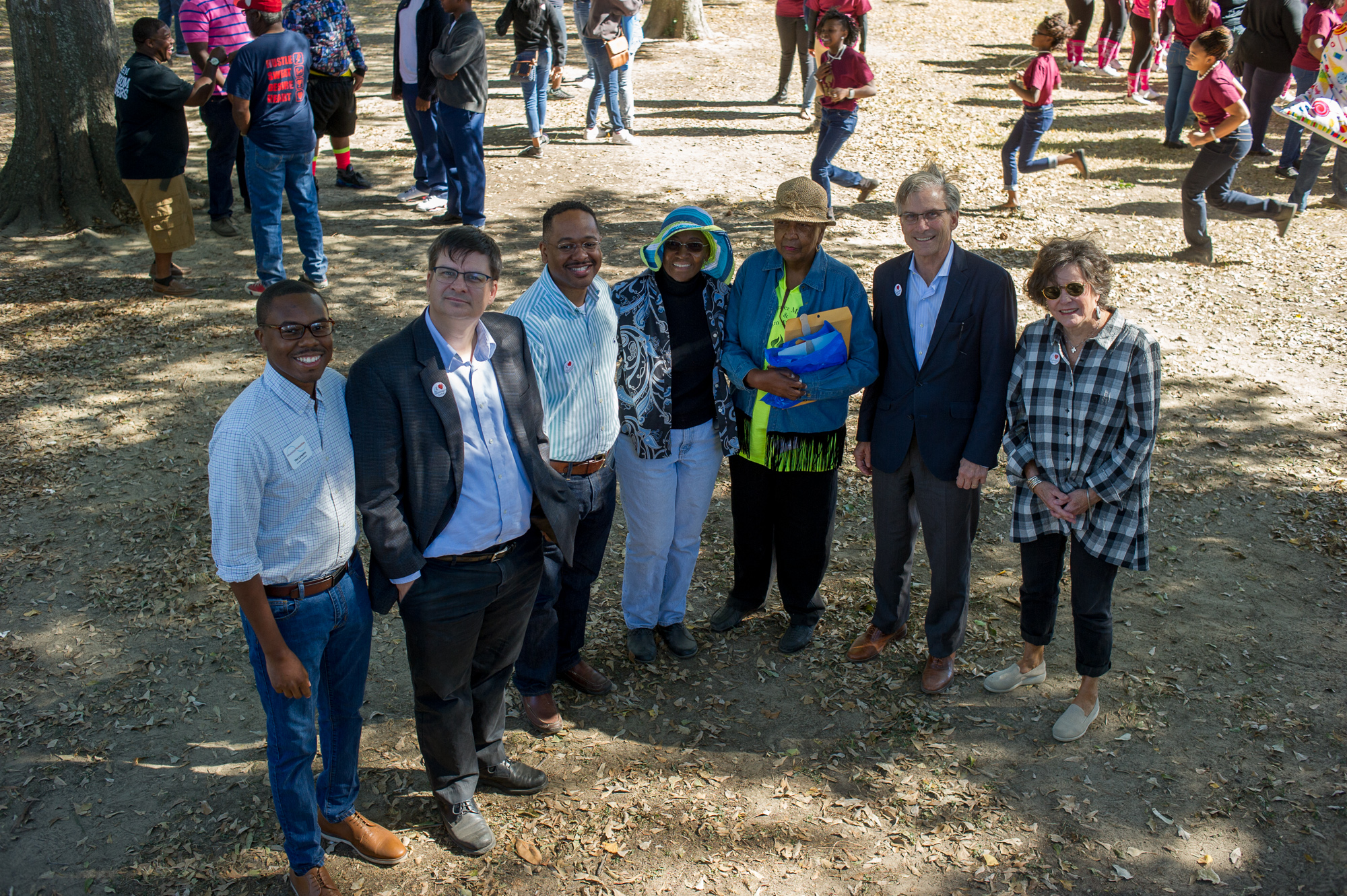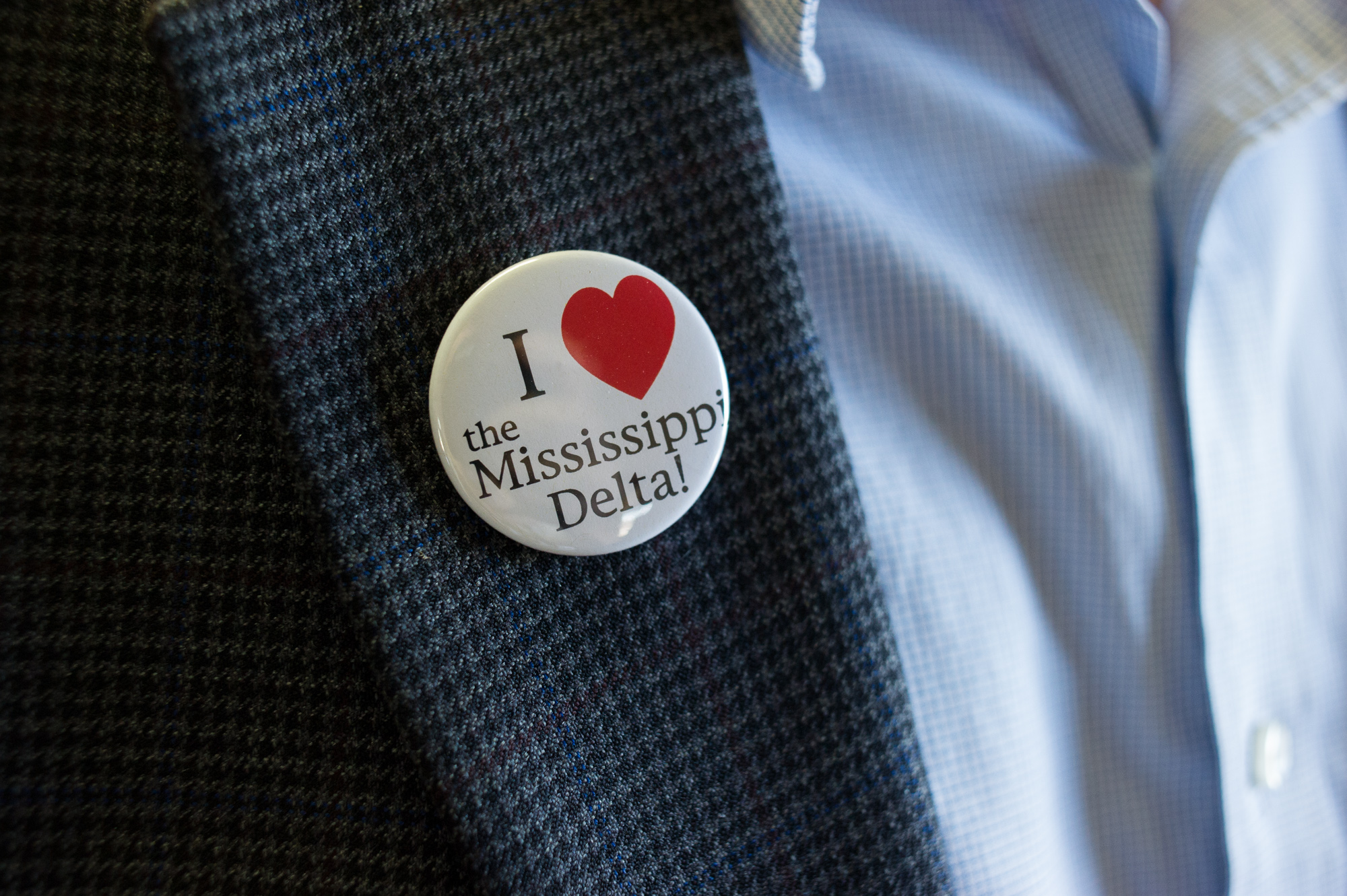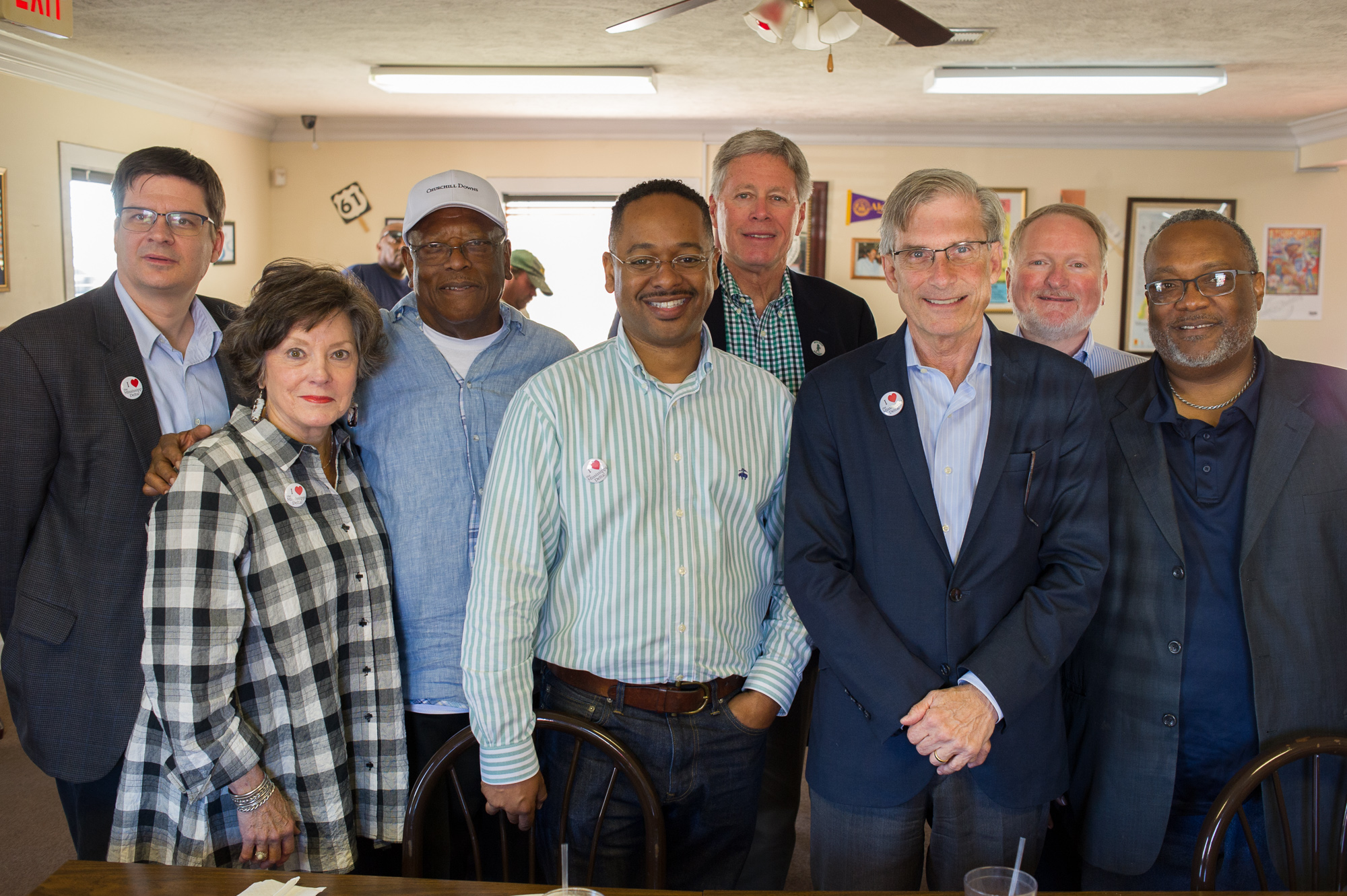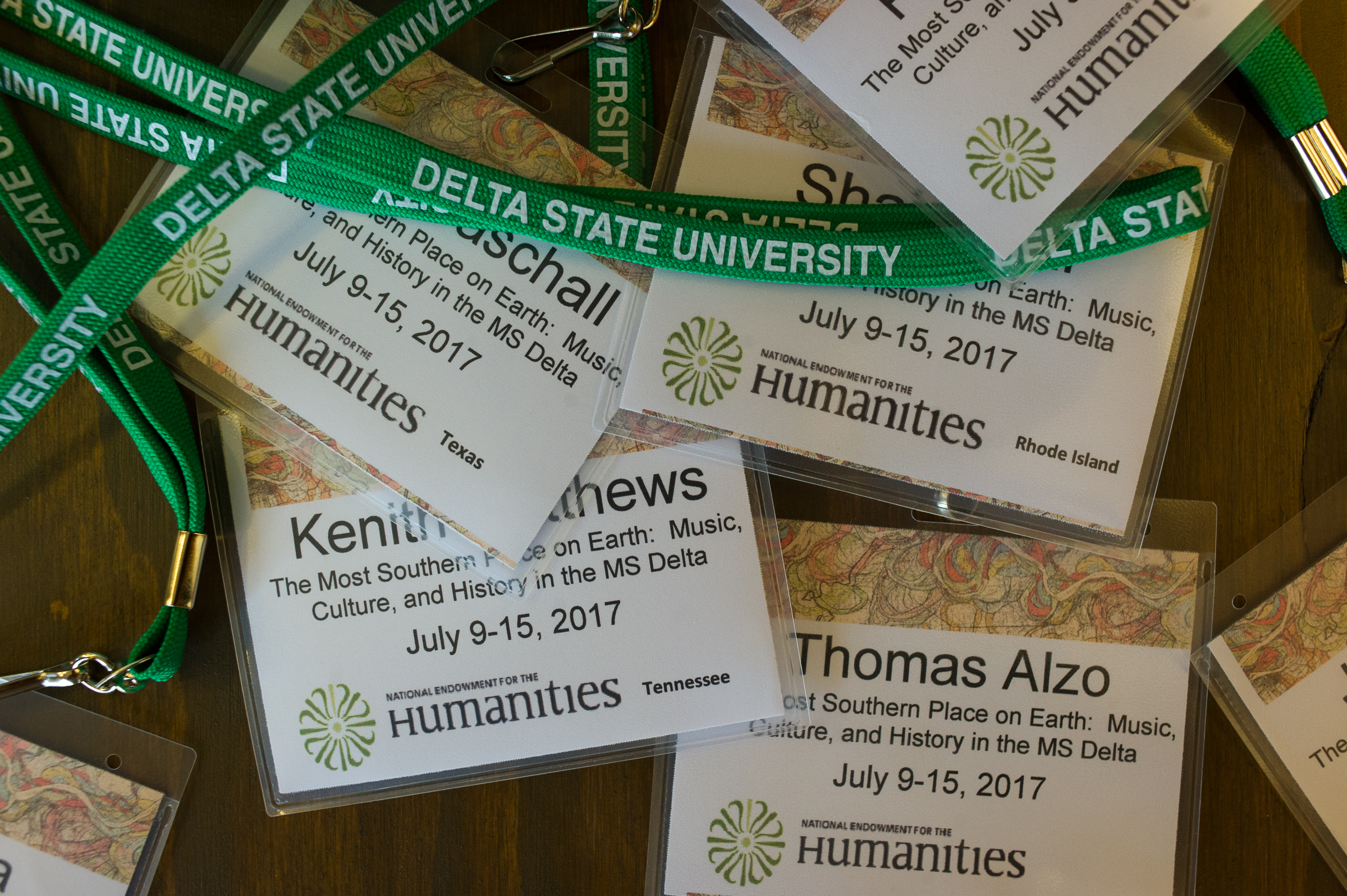


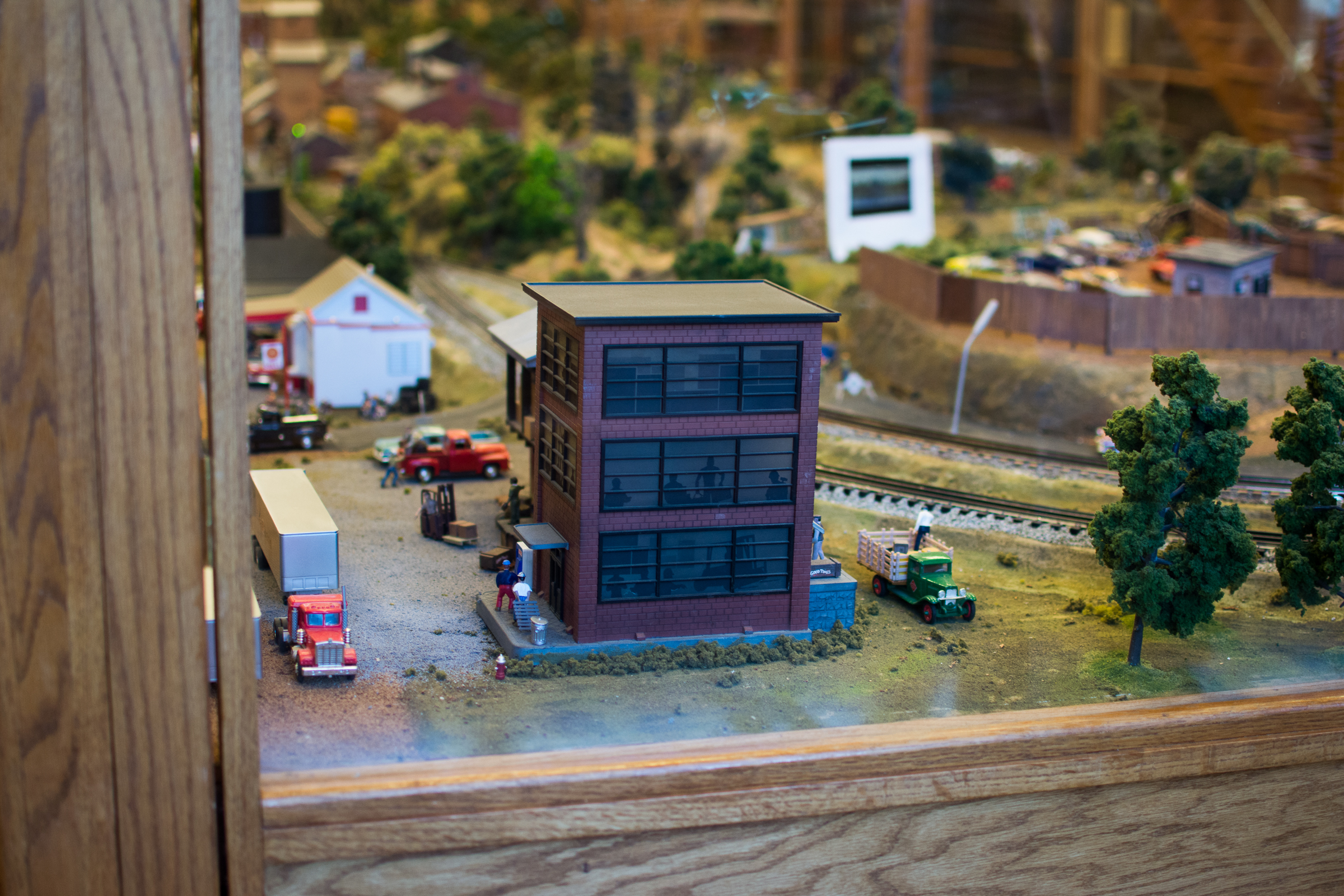

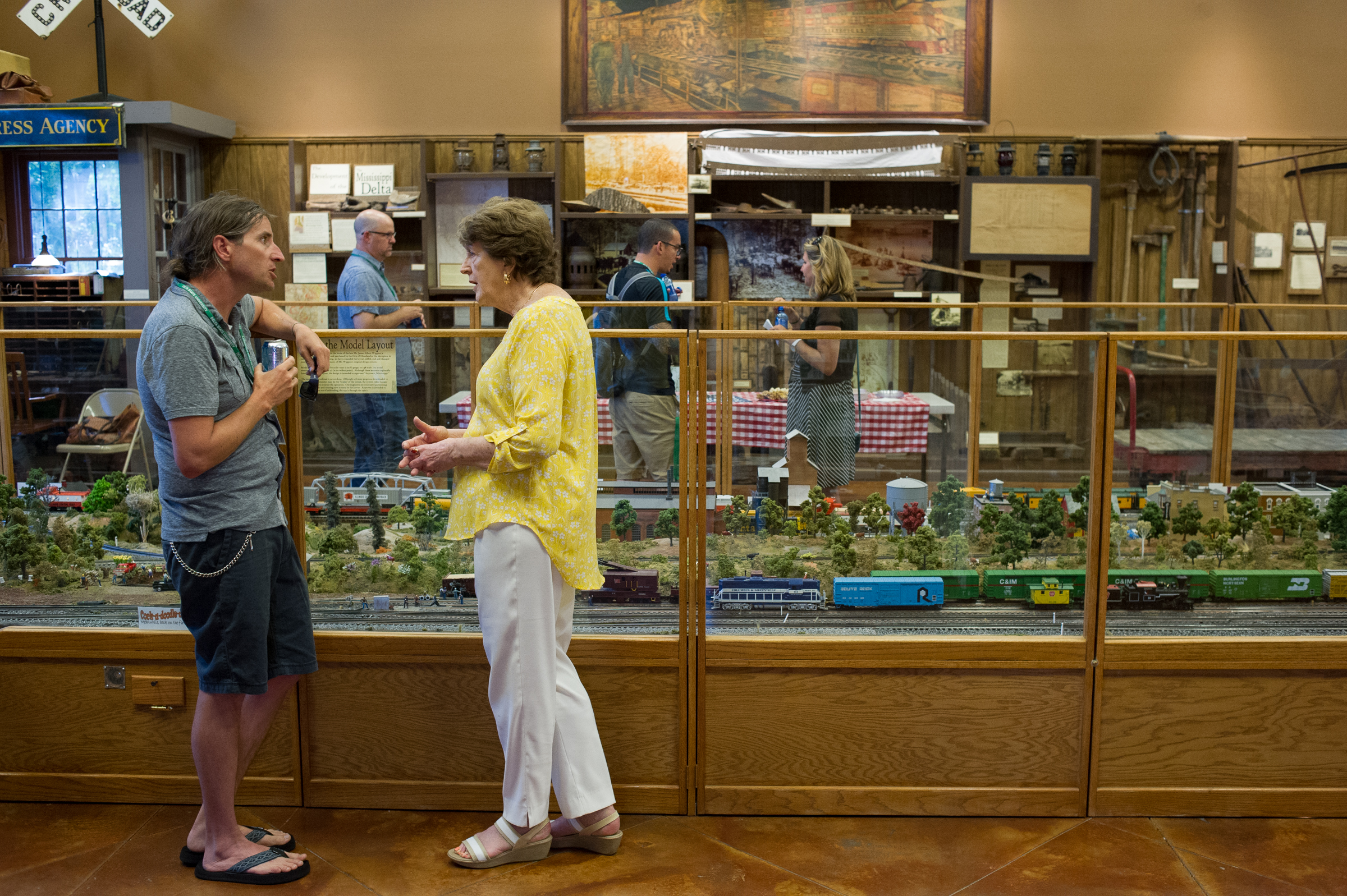
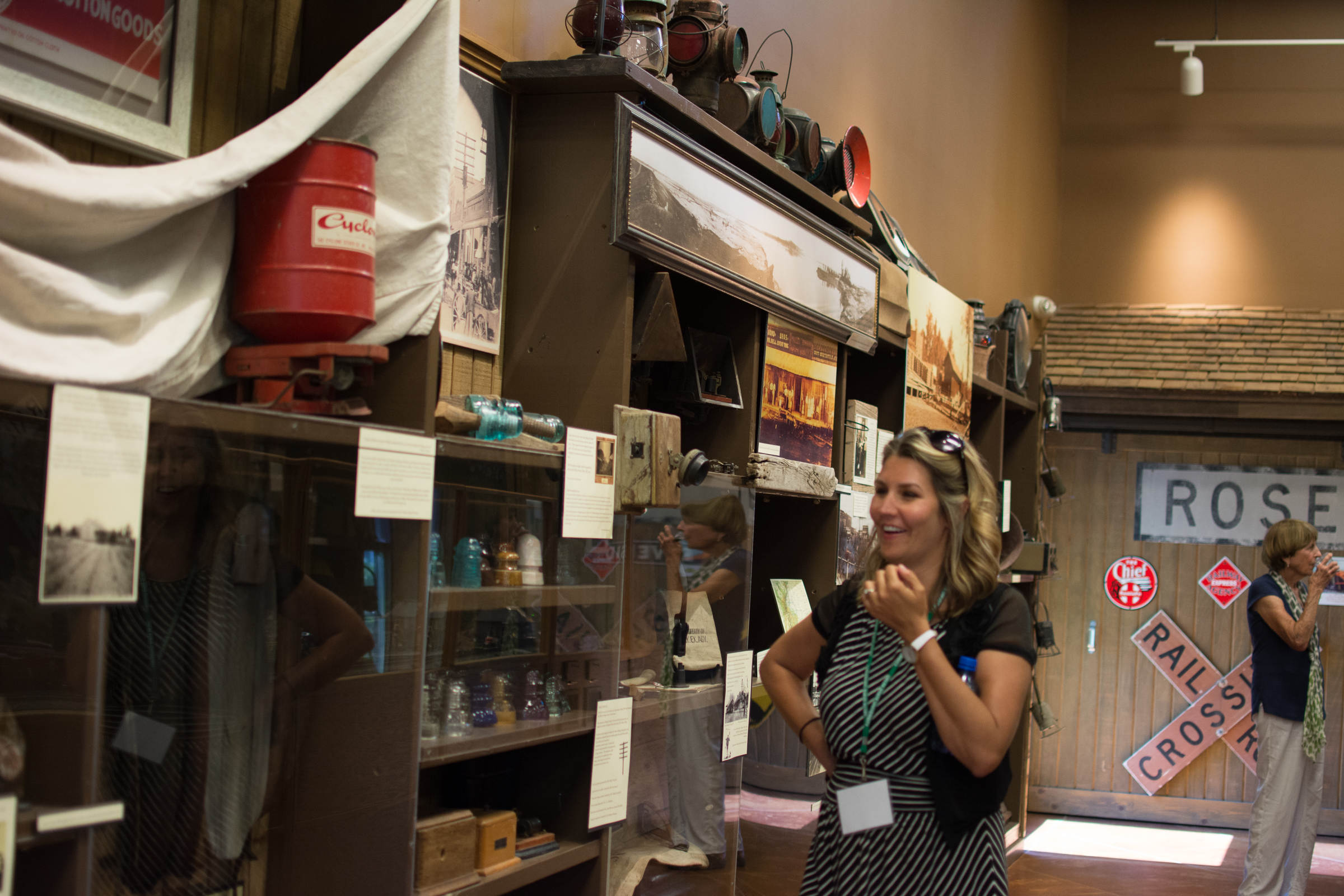
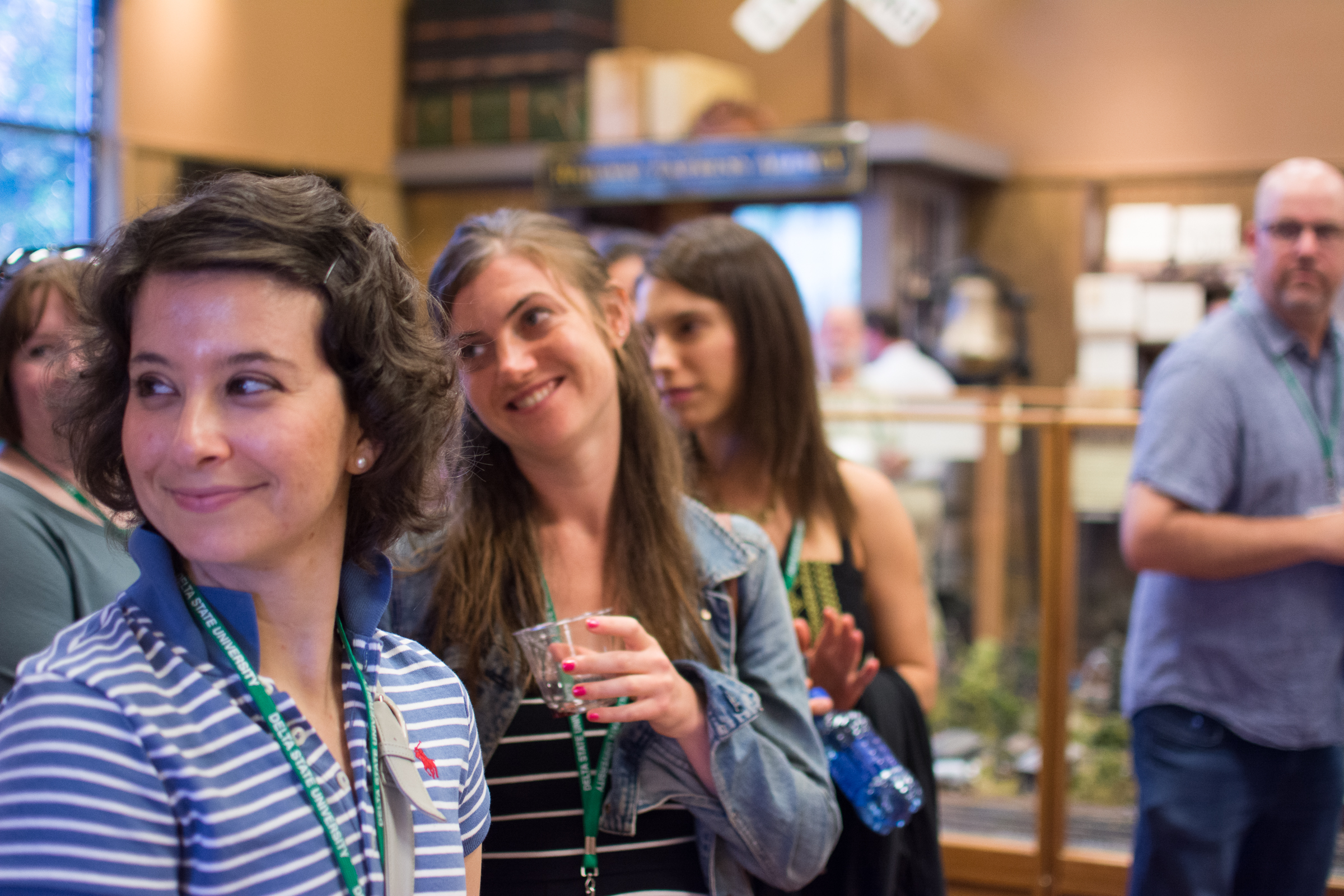


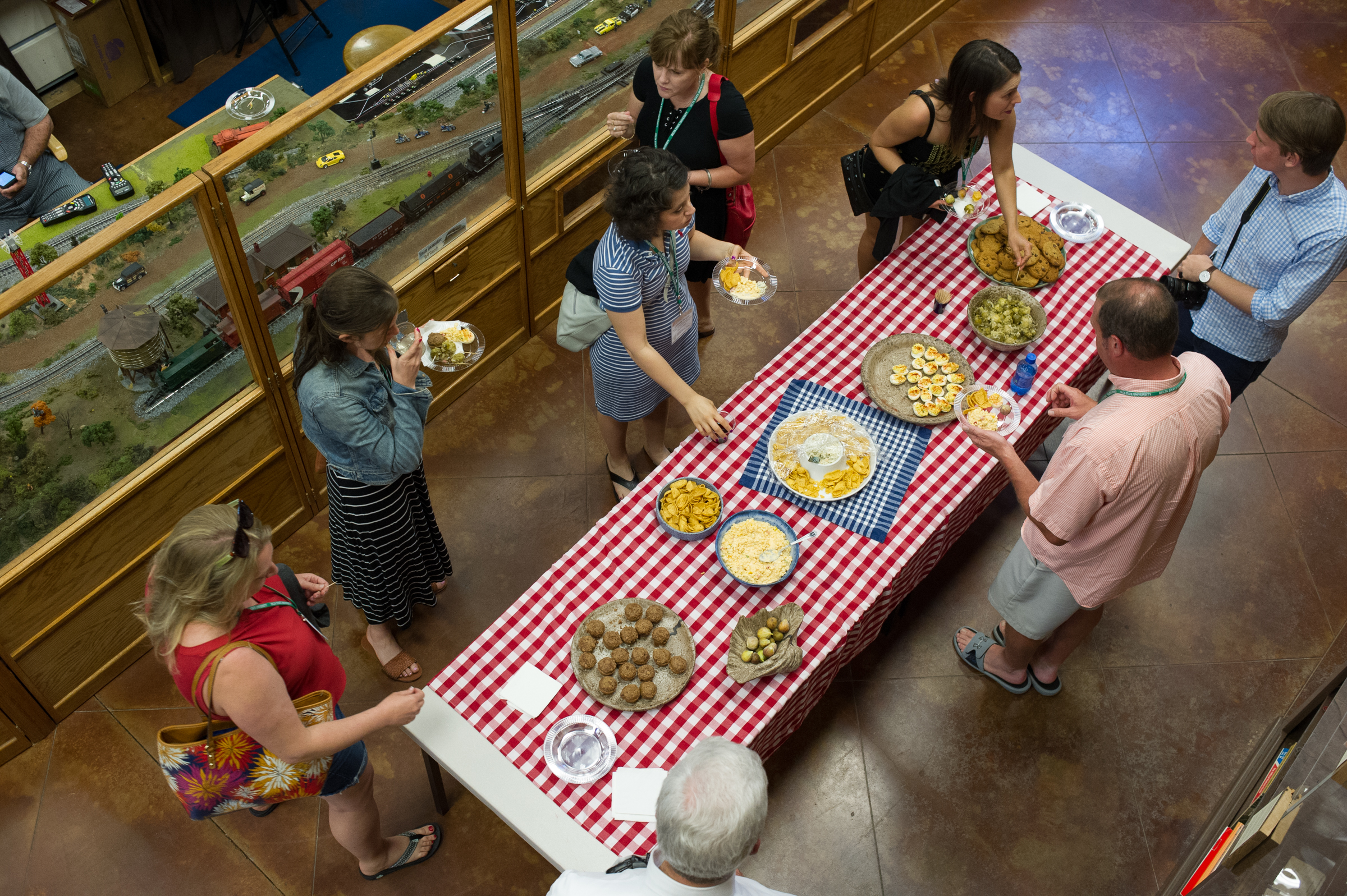
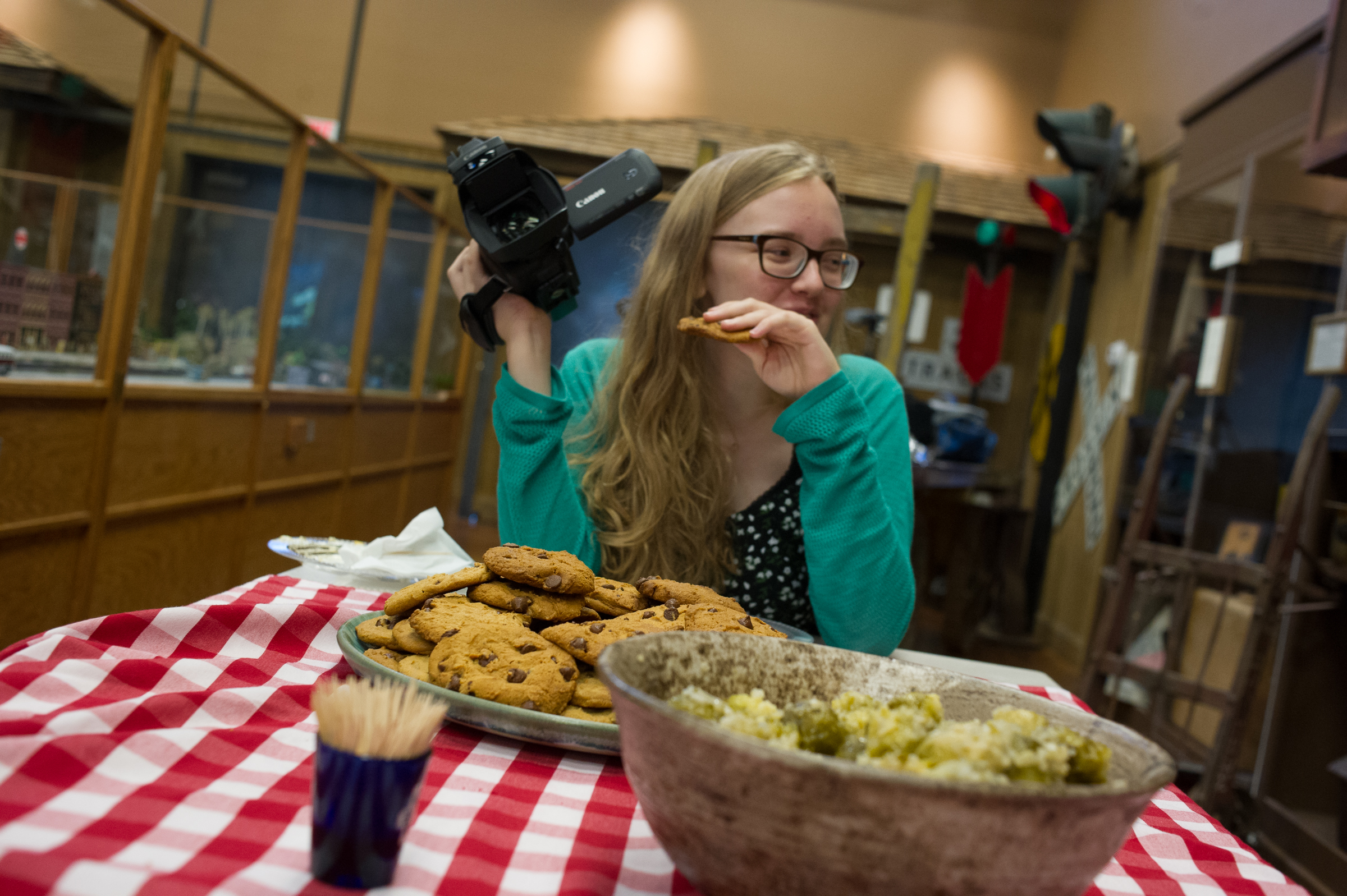
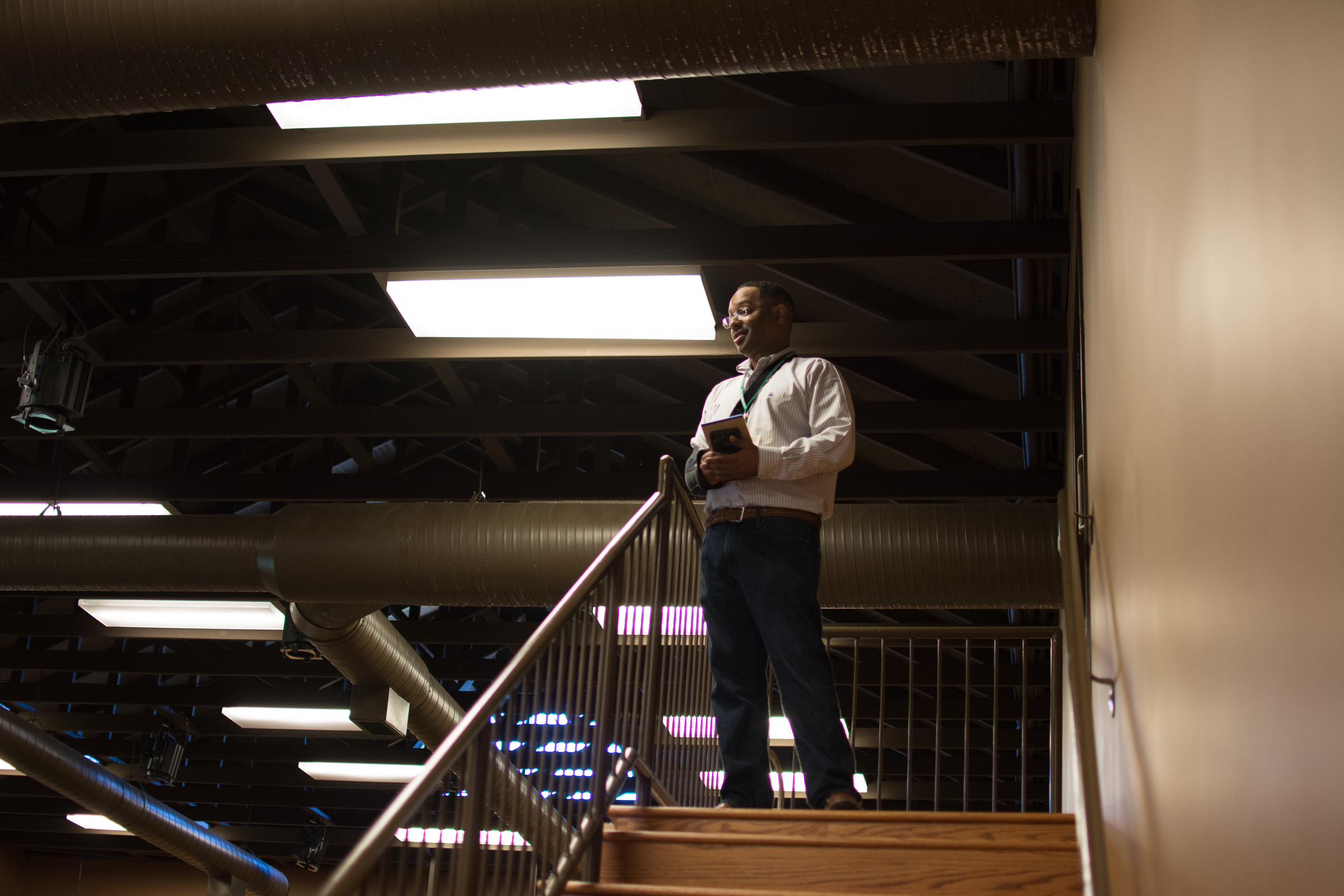
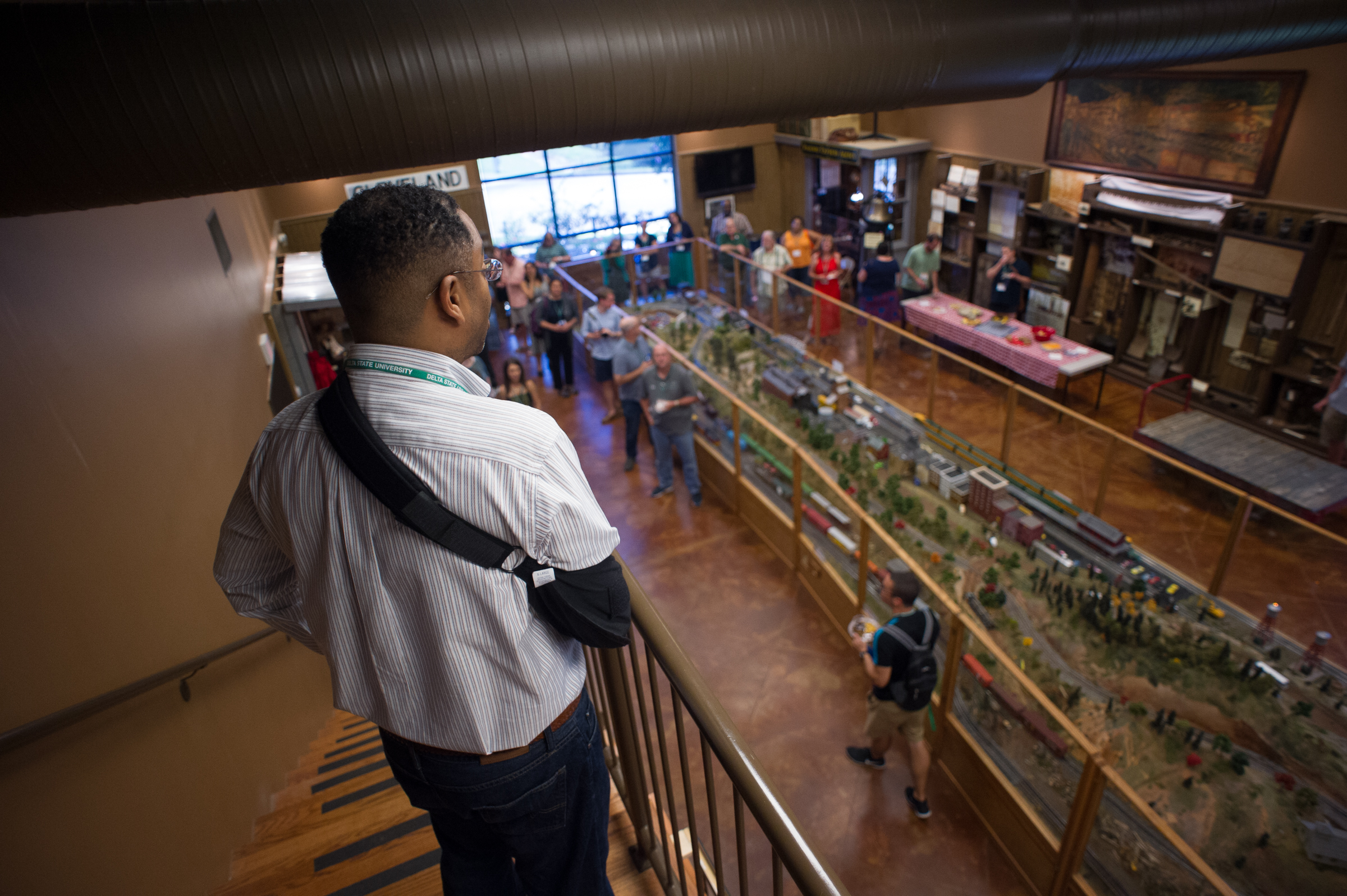

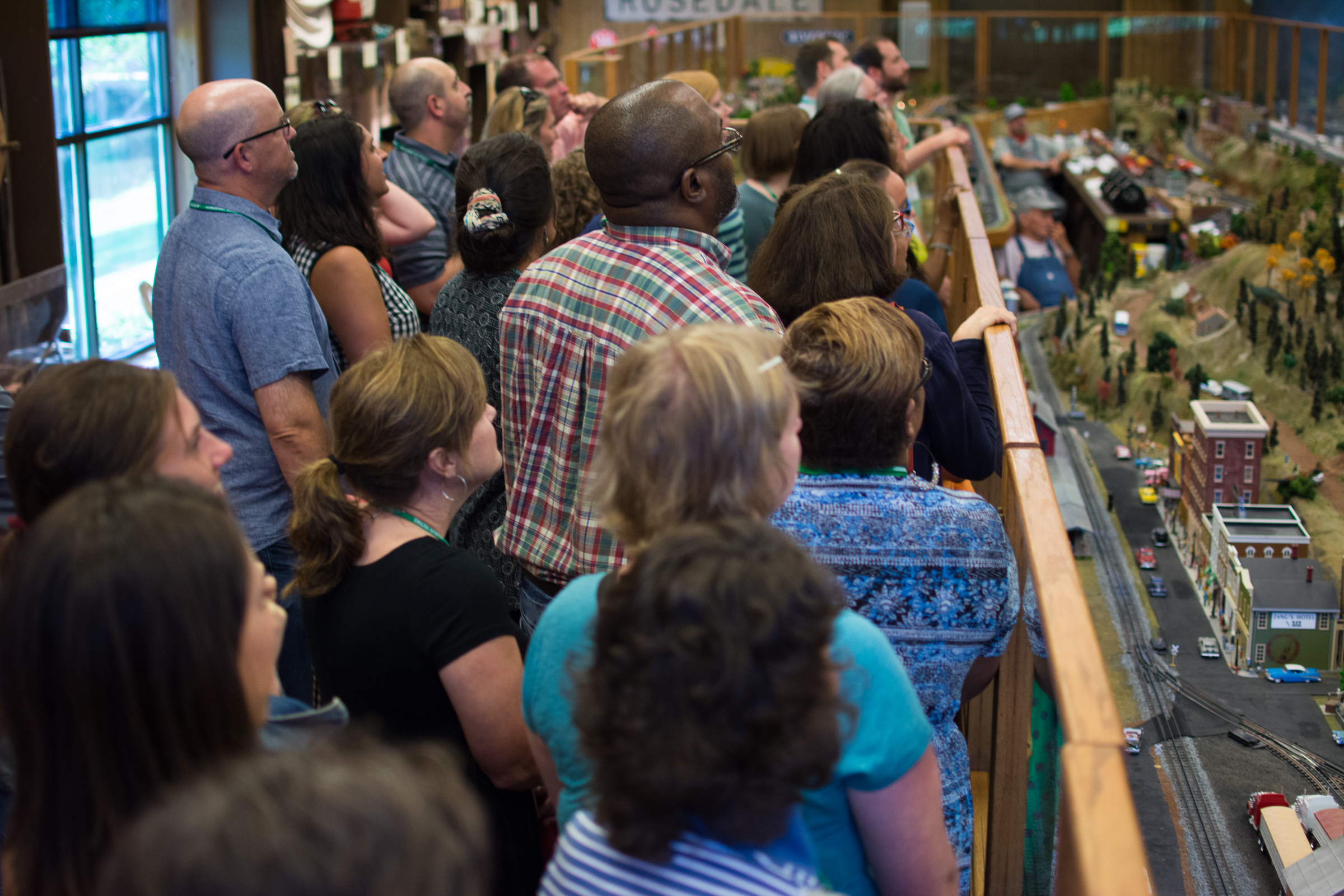
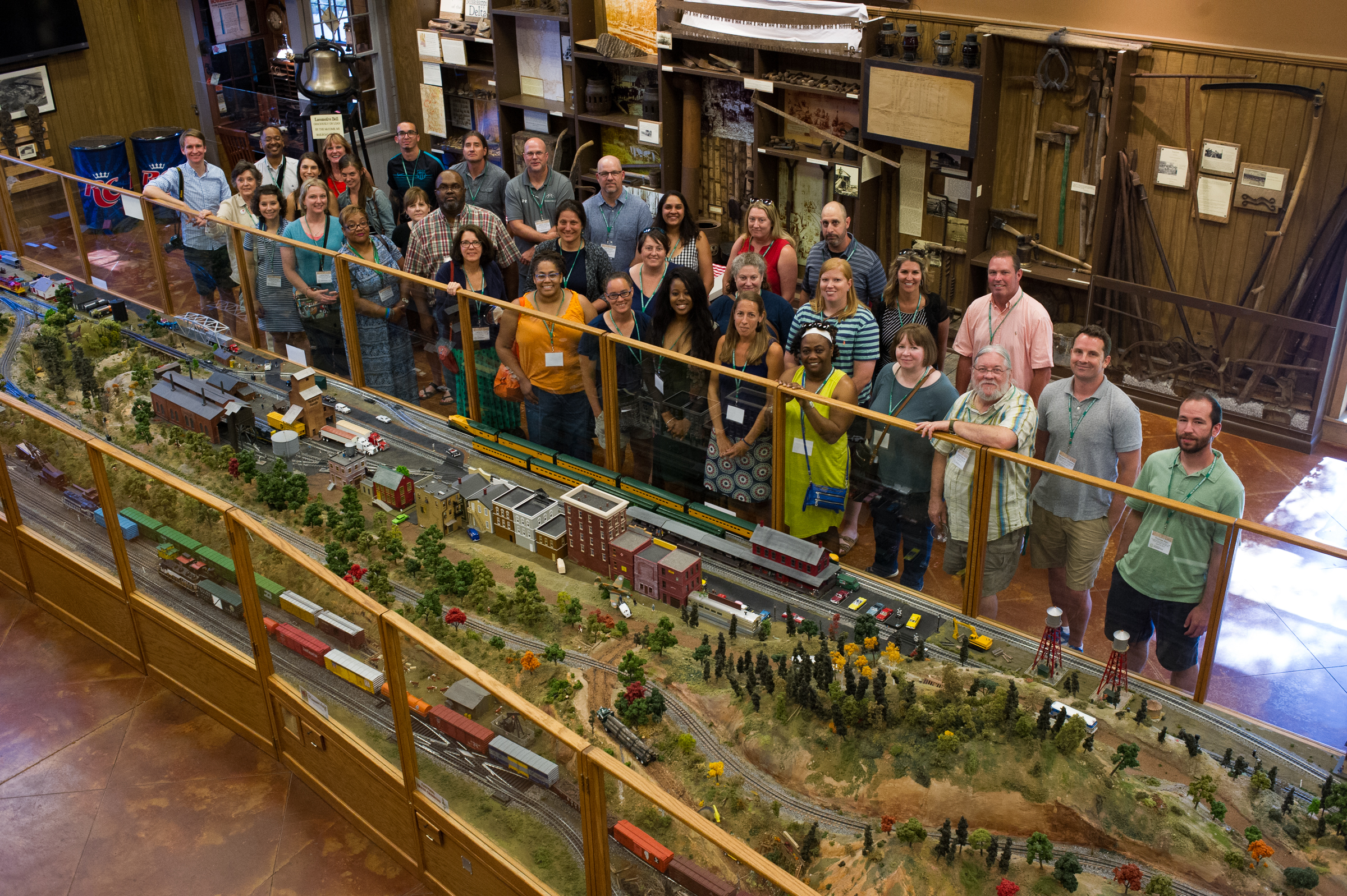

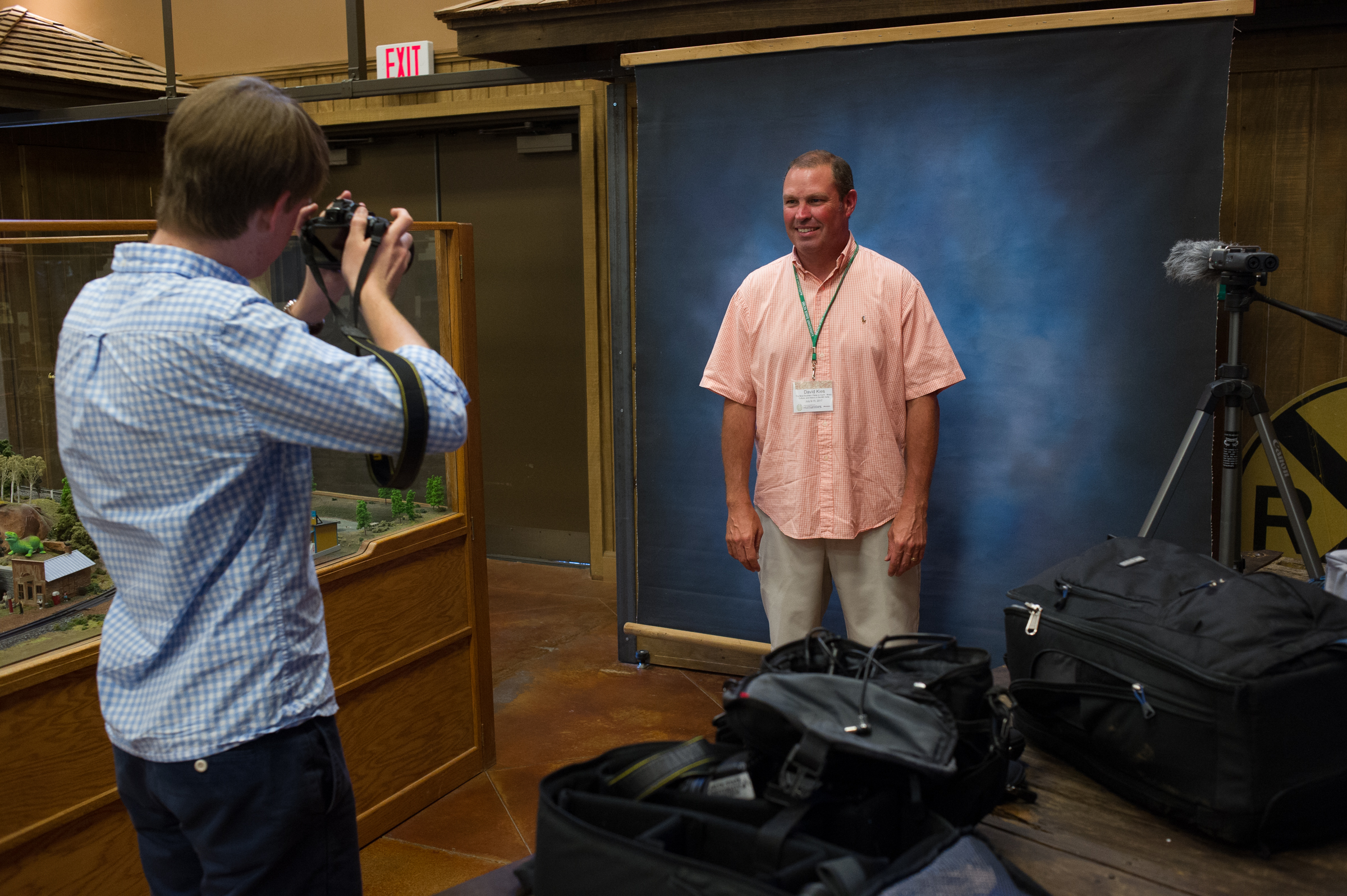

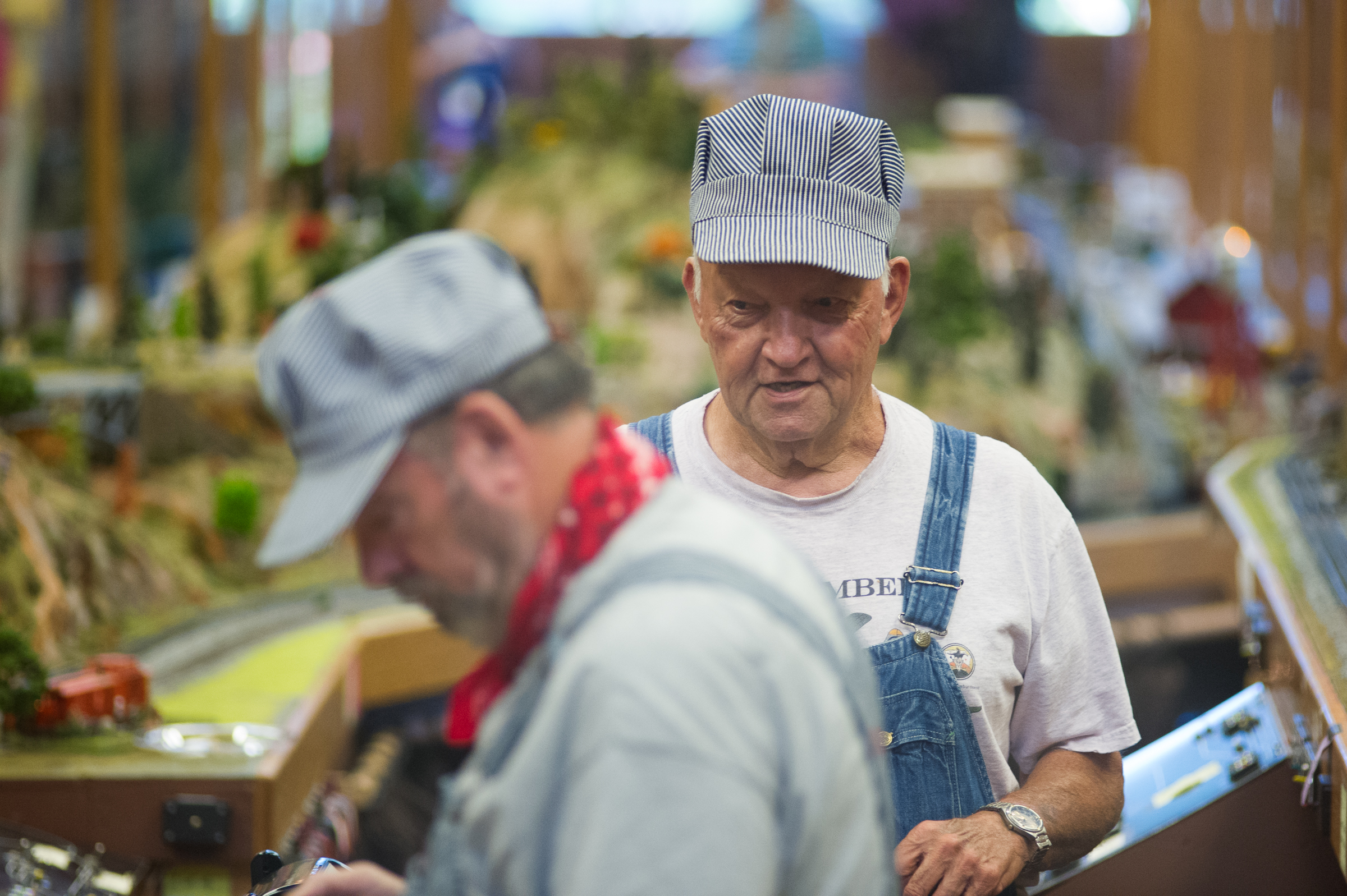
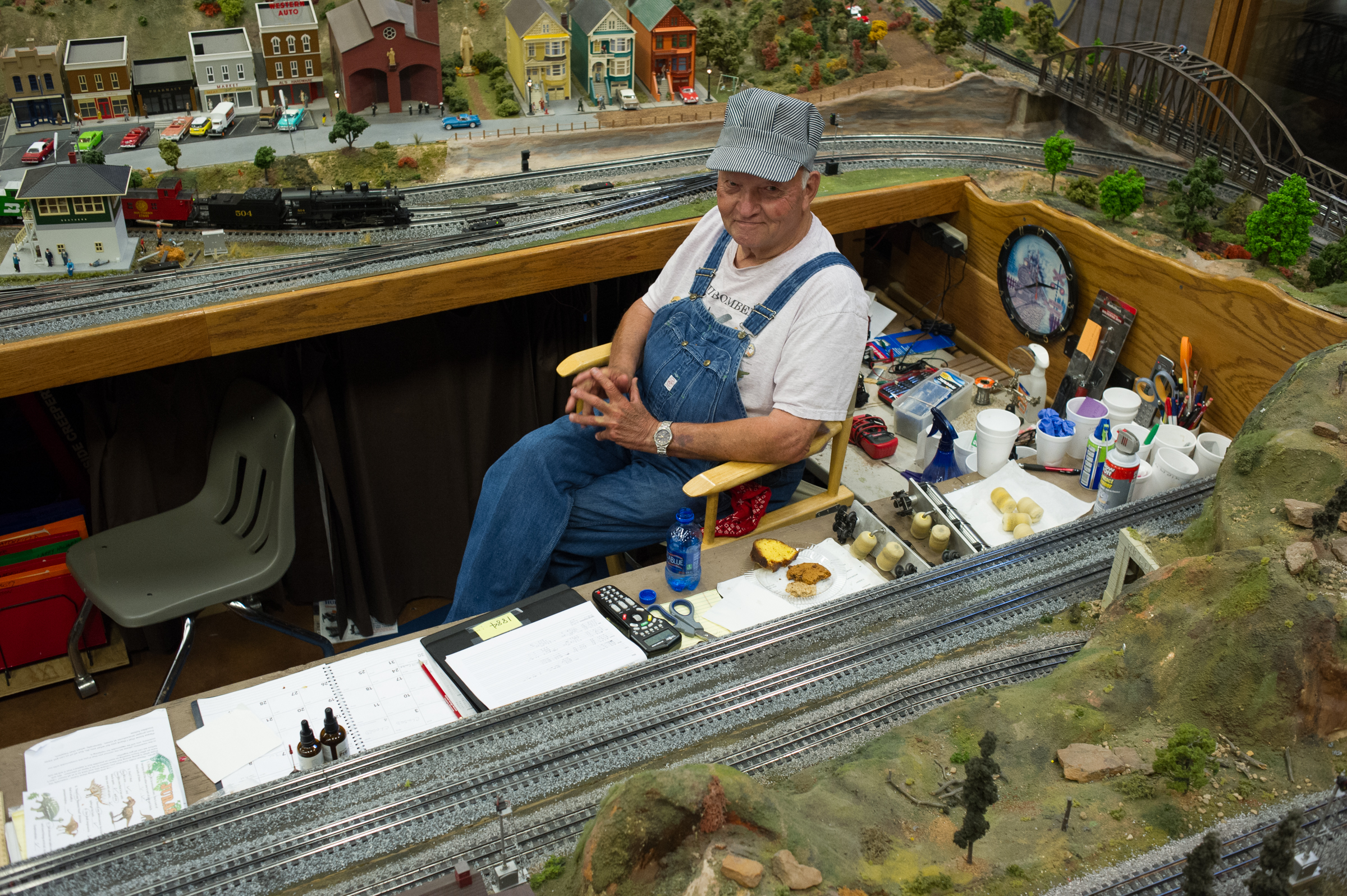
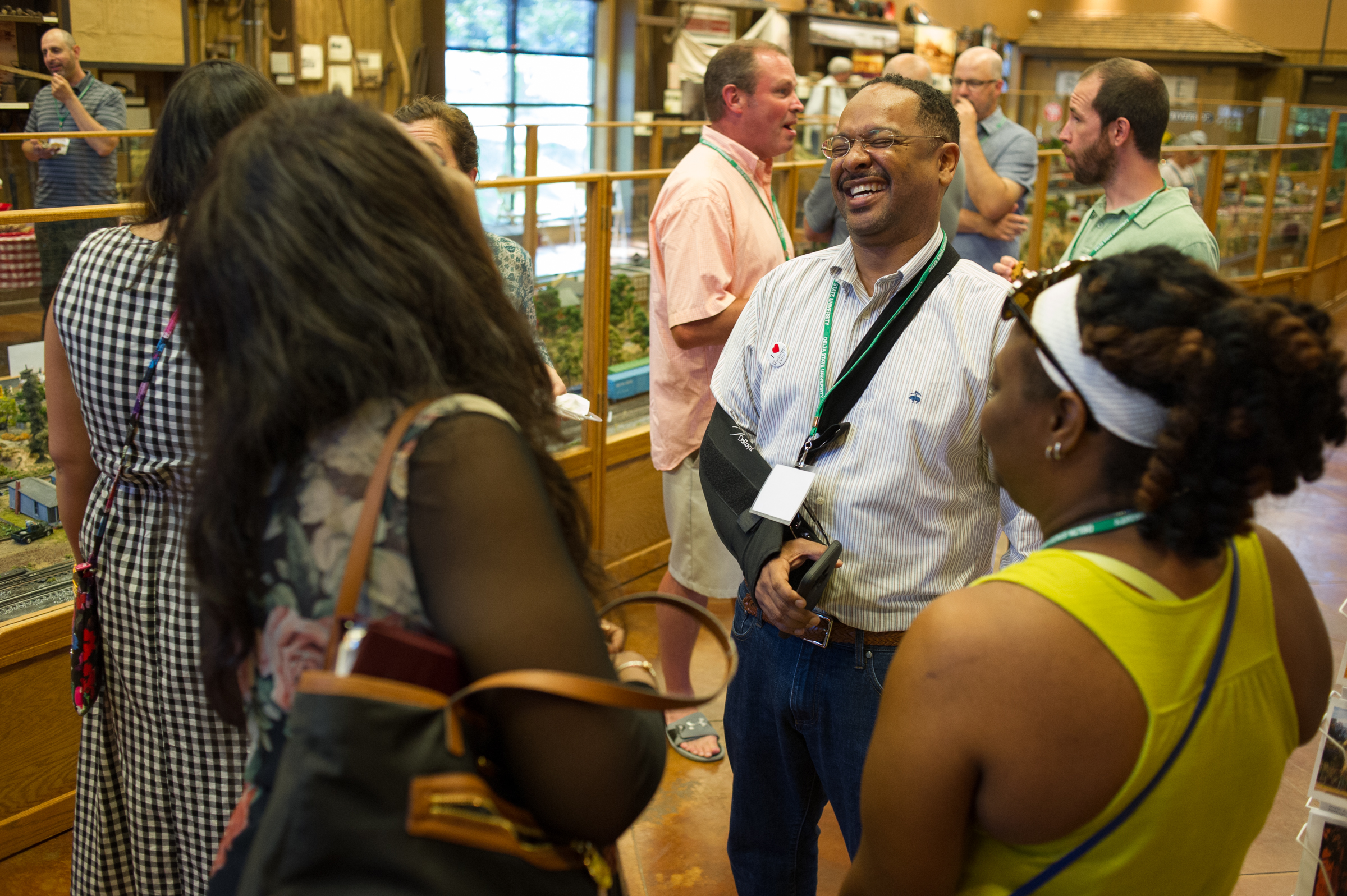
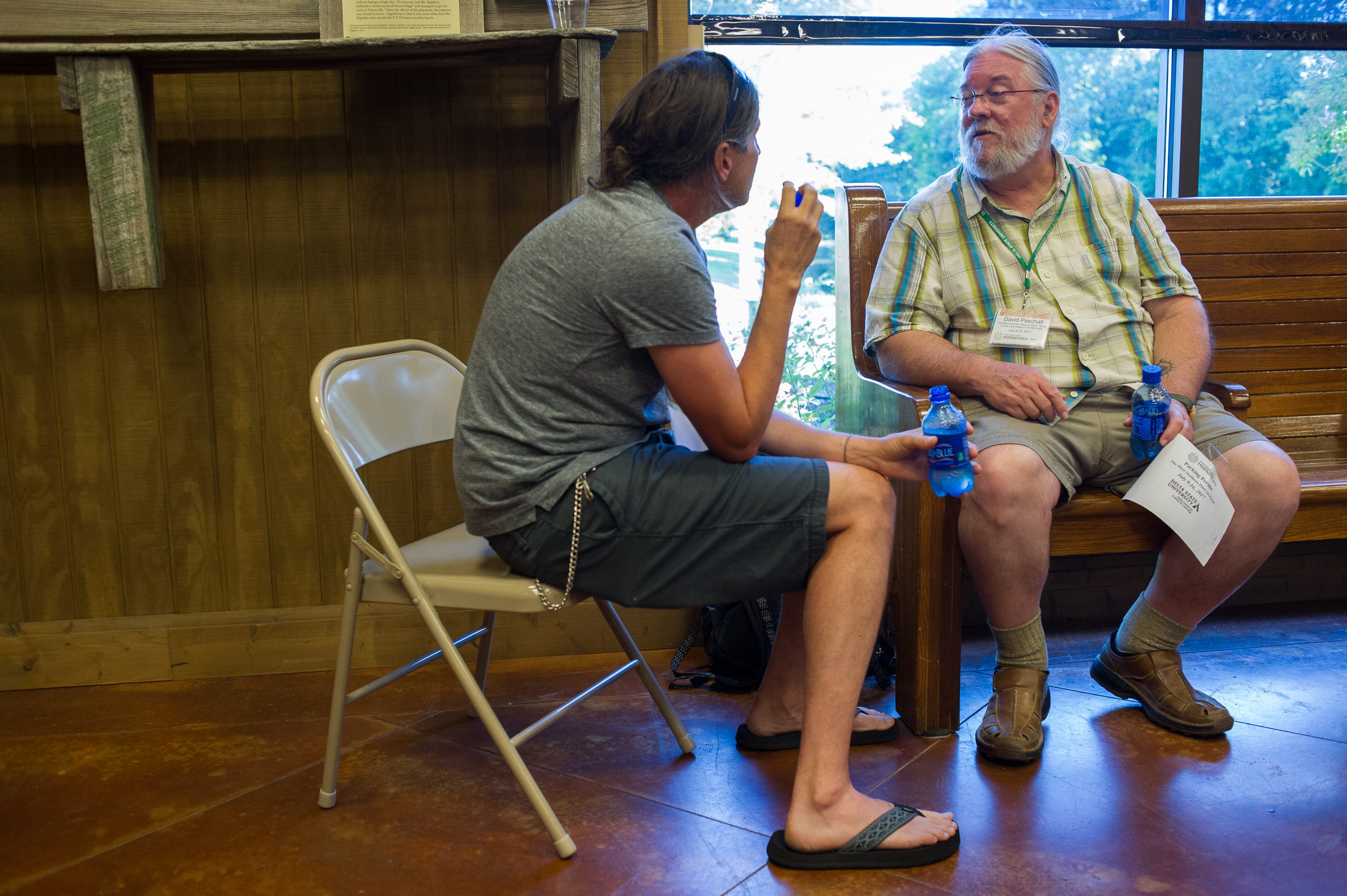
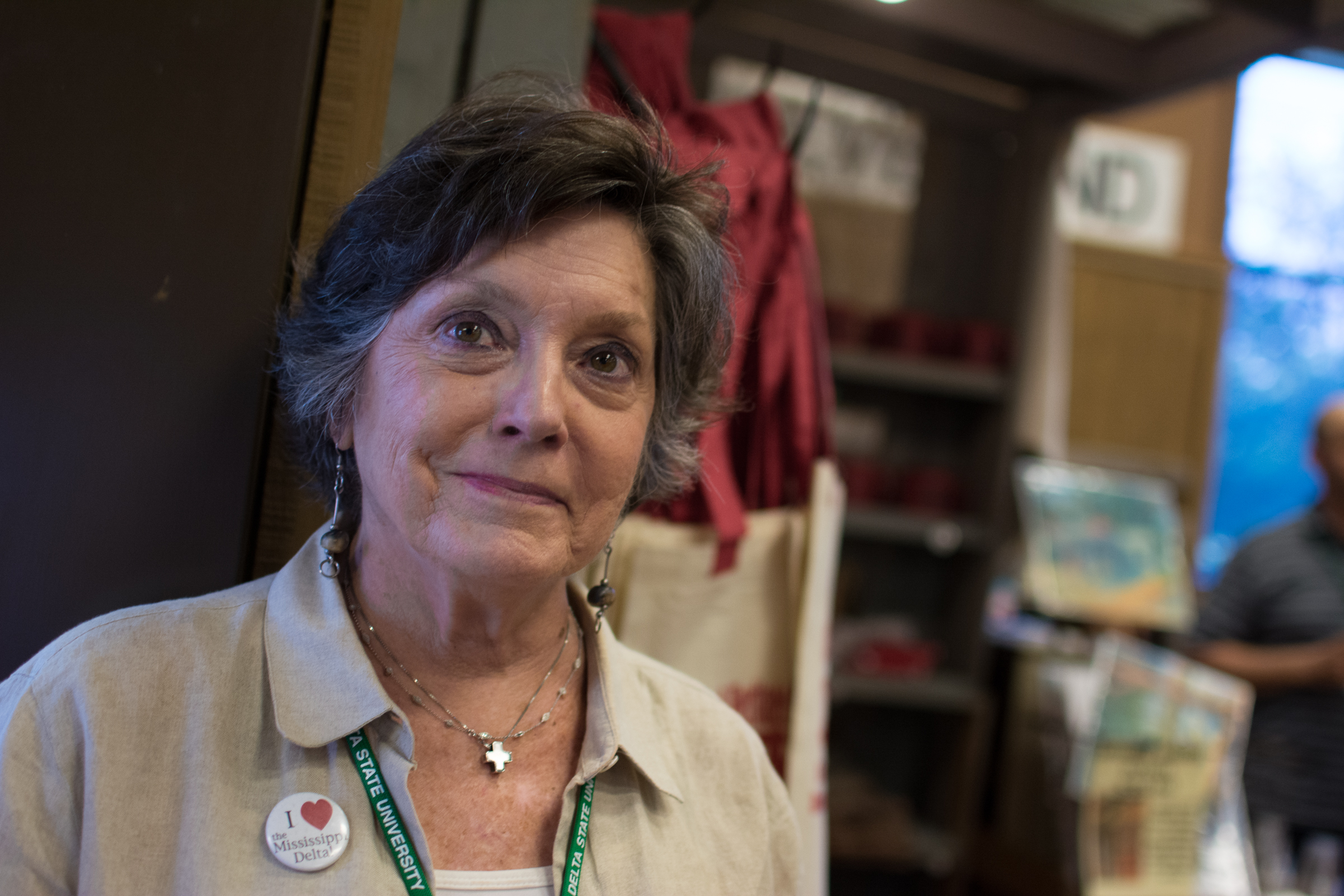
The Delta Center’s “Most Southern Place on Earth” workshop began its eighth year this week with an opening reception at the Martin and Sue King Railroad Museum in downtown Cleveland on Sunday evening.
The workshop, funded by the National Endowment for the Humanities, attracts thirty-six K-12 educators from across the country. Participants will spend a week in the Delta immersed in the history and culture of the region, interacting directly with its people and places.
Brooke Willis, a high school teacher from Greensboro, N.C., said she looks forward to combining her interest in the blues with her passion for history and civil rights.
“I’m excited about looking at history and being in it versus the idea of learning about it through books and movies,” she said. “Actually being in the space, I’m really about getting in touch with the energy.”
Katherine Hackney of Marietta, Ga. said she is excited for the hands-on learning.
“I’ve been teaching a civil rights unit for 12 years, and I’m finally visiting the places I’ve been teaching about,” she said. “I felt like [the Delta] is a place where I could grow.”
This workshop has created a national network of over 500 educational and cultural ambassadors for the Mississippi Delta National Heritage Area. Participants take what they have learned from the workshop back to their schools and communities, sharing stories and lessons from the Delta with students, colleagues, family, and friends both nationally and globally.








